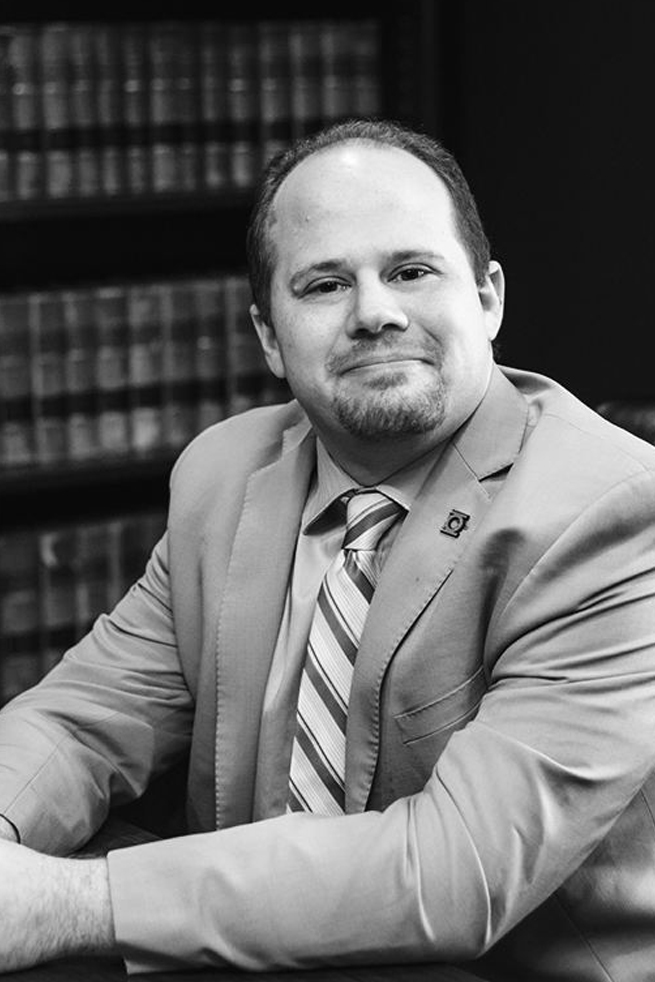Important Aspects of Estate Planning for People with Disabilities
Estate planning for individuals with disabilities typically involves creating a framework to ensure they are adequately and properly cared for throughout their lives. Additionally, it is important to avoid any disruptions or disqualifications of public benefits to which the disabled person may be entitled. Finding and selecting a truly committed person to serve as the power of attorney, trustee, guardian, or executor for a disabled person is the most important part of the estate planning process.
✔ Public Assistance
In situations where a disabled person receives public assistance from the government, with certain rules that the person cannot own normal amounts of property in order to continue receiving such assistance, families will often create a Special Needs Trust.
✔ Special Needs Trust
The trust creates a trust relationship where assets designated to help the disabled person will supplement their lifestyle, but never become fully owned or entitled to by the disabled person. This allows for better wealth conservation to assist disabled persons throughout their lifetime and avoids disruption of the person’s public, government benefits.
✔ Power Of Attorney
An important part of engaging in estate planning for a disabled person is ensuring that they will have other trusted individuals to assist them, even if their parents or other family members are not available in the future. It is wise to set up powers of attorney if possible.
✔ Legal Guardian Considerations
If the disabled person requires a legal guardian, finding a trusted, responsible successor guardian, and perhaps even a second backup guardian, is key to ensuring the person will have a competent support system.
























